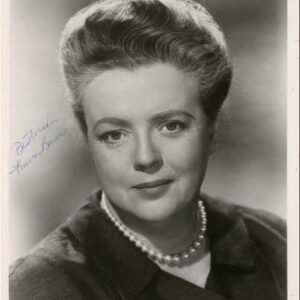Hollywood in the 1950s was glamorous but ruthless, where the fate of actors often depended on powerful studios. Many performers rose quickly, only to have their careers derailed by forces beyond their control. One actress showed early promise with her classic features, grace, and talent.
She made her film debut in Detective Story (1951) alongside Kirk Douglas, earning a nomination for Best Supporting Actress at the Academy Awards and winning Best Actress at the Cannes Film Festival. Her performances gained attention, and she seemed destined for a major career. But her rise was abruptly interrupted.
She was blacklisted by one of Hollywood’s top studios, and opportunities for work dwindled. Rumors suggested clashes with executives, disagreements over industry demands, or fallout from her outspoken support at memorials, including a speech honoring actor J. Edward Bromberg. For over a decade, consistent work was scarce.
Lee Grant later appeared in projects such as Valley of the Dolls, Columbo, Shampoo, and Mulholland Drive, eventually earning an Academy Award for Best Supporting Actress. Her story reflects the harsh realities of Hollywood in the 1950s—a time when talent could be overshadowed by politics, studio control, and unpredictable power struggles. Today, her films continue to be remembered, illustrating both her skill and the challenges faced by actors during that era.





